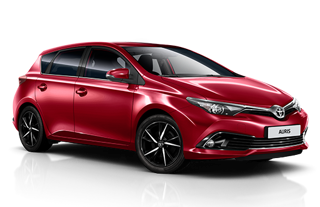FleetCheck is warning of poor fuel economy and an increase in emissions for fleets moving to plug-in hybrids, unless accompanied by significant fleet policy changes.
The fleet software and management specialist says that a number of issues need to be tackled – from making charging points available to teaching drivers new on-road skills.
Peter Golding, managing director, said: “With the ongoing demonisation of diesel, plug-in hybrids are being presented as a potential like-for-like replacement offering similar fuel economy and improved emissions.
“However, as some fleets are already finding, this is not really the case. Before committing to use this technology, organisations really need to ensure that they have policy measures in place to ensure that they access the benefits they seek.
“If they don’t look carefully at how they plan to operating these vehicles, they could find various problems arising very quickly, most notably poor fuel economy and the resulting increase in emissions.”
A key point, explained Golding, was ensuring that drivers had access to charging, ideally both at home and at work.
“The strong fuel economy and emissions that plug-in hybrids deliver in the official figures are entirely dependent on their electric range being maximised. If drivers cannot charge them easily, then fuel economy will suffer.
“Certainly, it must be a matter of policy that any driver issued with a plug-in hybrid should have off-road parking with charging available.”
Golding says that drivers would also need guidance on how to get the best fuel economy out of their hybrid, which might require changes in their driving style.
“Depending on how the hybrid is engineered, some drivers will use the electric motor to add to the acceleration of the combustion engine and access very strong performance,” he said. “However, driving the car in this way will remove the fuel economy advantages.
“Drivers must be shown how to get the most out of their hybrid and this may require some kind of formalised training and regular monitoring of fuel consumption.”
In many cases, he says, fleets would still come to the conclusion that diesel was the best option in terms of fuel economy and emissions.
“For higher mileage drivers especially, there is every suggestion that a Euro 6 diesel remains the most environmentally responsible solution, whatever the press, pressure groups and others are saying about its impact on air quality.”





















john4870 - 15/12/2017 13:14
Peter is quite correct in that it is vital for drivers to be educated to adapt driving styles to suit hybrids. Most hybrids and PHEV's are much more susceptible to driving styles - and whether driving like an angel or a devil, that choice of style will impact on the driver's wallet significantly!